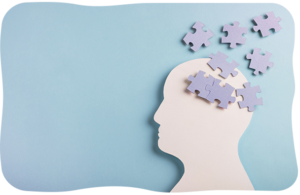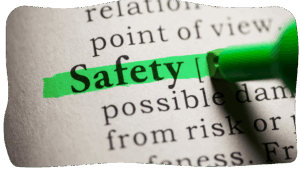At Dementia Adventure, we understand that summer can bring both opportunities and challenges for people living with dementia and their carers. Changes to routine—such as travel or time away from home—can cause anxiety or confusion. But with thoughtful preparation and the right support, these experiences can still be joyful, enriching, and full of precious moments.
Here are some practical tips to help you feel more confident about planning and enjoying time away this summer.
Why Travel Can Be Challenging for People with Dementia
For someone living with dementia, unfamiliar environments, altered schedules, and sensory overload can be unsettling. Even small changes to the daily routine can cause stress. But that doesn’t mean travel is out of the question.
With a little extra planning and a flexible, person-centred approach, many people with dementia continue to enjoy holidays, outings, and special time with loved ones. At Dementia Adventure, we’ve seen how the right setting, pace, and support can transform a trip into a truly positive experience.
Planning Ahead: Making Travel More Manageable
Advance preparation can make a huge difference when it comes to travelling with dementia. Consider these tips:
Choose familiar places: If possible, return to a destination you’ve visited before, or opt for locations that feel calm and predictable.
Talk through the plans: Involve your loved one in conversations about the trip. Sharing what to expect can ease anxiety and build a sense of anticipation.
Pack familiar items: Bring along comforting things from home—like a snack, or photo album—to help maintain a sense of connection and calm.
Use Visuals to Build Familiarity: Photos of the places you’ll visit and simple leaflets with information can help someone with dementia feel more comfortable and prepared. Visual cues reduce anxiety and make the experience feel more familiar and reassuring.
Try Sensor Lights: Sensor lights can be a great help at night, especially in unfamiliar settings—providing gentle guidance if someone wakes and feels disoriented.
Managing Expectations and Staying Flexible
Don’t overload your schedule: Build in downtime. One or two gentle activities a day is often enough.
Allow space to adapt: If something doesn’t go to plan, it’s okay to pivot. Taking breaks or returning to base earlier than expected is absolutely fine.
Go at your own pace: Some of the most meaningful moments happen when we slow down and soak in our surroundings.
Creating Comfort Through Routine
Routine can be a powerful anchor for someone living with dementia. Even away from home, you can support comfort and familiarity by:
-
Keeping mealtimes and bedtimes consistent
-
Using familiar language, music, or activities
-
Honouring daily rituals, like a morning cup of tea or an evening stroll
These small, familiar cues can help ease transitions and maintain wellbeing.
Travel Can Still Be Enriching
Nature, new experiences, and quality time with loved ones remain just as important after a dementia diagnosis. Travel can strengthen relationships, spark joy, and create cherished memories. We’ve seen the positive impact again and again—whether it’s enjoying fish and chips by the sea, exploring gardens in bloom, or simply sharing a quiet moment in the countryside.
We’re Here to Help
If you’re considering a break and unsure where to begin, we’re here to support you. Dementia Adventure offers:
-
Tailored, fully supported holidays designed for people living with dementia and their carers
-
Expert guidance on planning, funding, and what to expect
-
A compassionate, experienced team to walk alongside you every step of the way
Learn more about our supported holidays or get in touch to start a conversation.
With the right planning, flexible expectations, and a focus on familiar comforts, travel can still be a safe, joyful part of life for people living with dementia—and those who love them.
Let us help you make it possible.
In this video we offer practical advice for navigating changes to routine during summer holidays, encouraging travel, and maintaining stability. We offer tips on preparing for trips, managing expectations, and ensuring comfort and safety during travel. Planning ahead and maintaining familiar routines can help reduce anxiety and confusion during changes.









